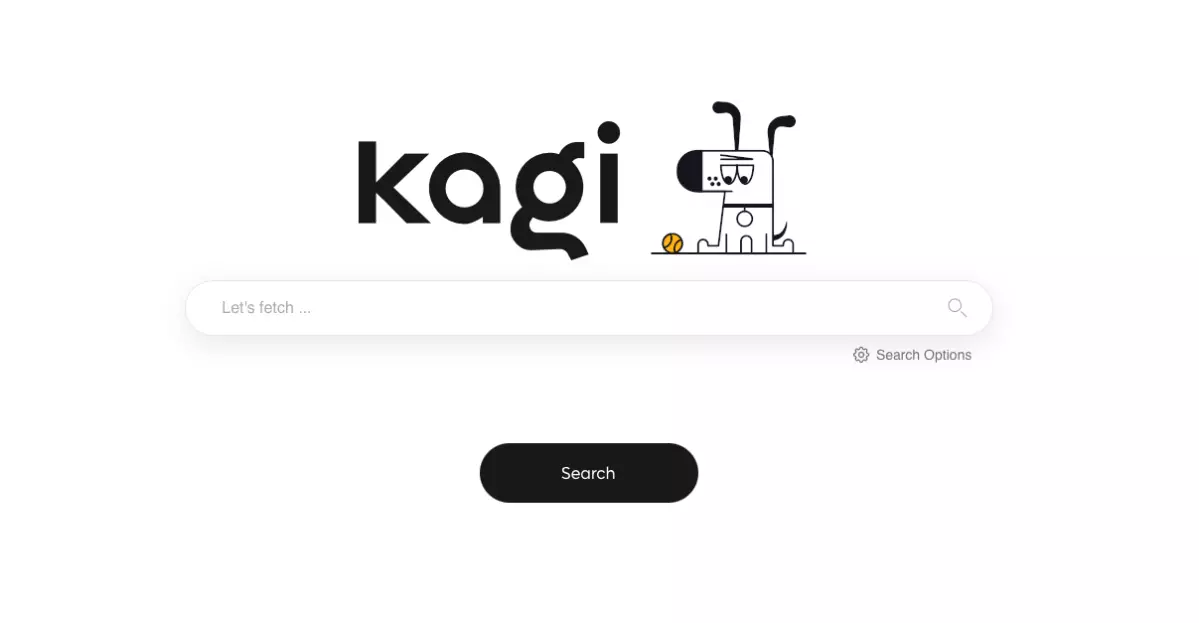In the ever-evolving landscape of search engines, Kagi has managed to carve out a unique identity by offering a fresh alternative to the more traditional methods employed by giants like Google. With the introduction of its innovative “Fair Pricing” model, Kagi not only seeks to enhance user experience but also places significant emphasis on consumer satisfaction and loyalty. This initiative underscores the company’s understanding that users want flexibility, especially in a world inundated with free services that often come at the cost of personal data.
A User-Centric Pricing Model
Kagi’s approach is groundbreaking in that it directly acknowledges the occasional lapses users might have in utilizing its service. By promising users a credit on their accounts if they forget to search using Kagi within a complete billing cycle, Kagi addresses a common concern among subscription-based services: the feeling of losing money for not using what you pay for. This model stands in stark contrast to mainstream competitors that rarely extend such courtesy, often leaving subscribers feeling as though they’ve been shortchanged. Kagi’s initiative makes it clear that it values user experience over profit, a refreshing change for many consumers.
Beyond its customer-friendly pricing strategy, Kagi distinguishes itself through innovative features that prioritize user control and privacy. The platform’s “lenses” allow users to curate their search experience, making it easier to explore specific content types, such as forums or academic articles. This customization ensures that users can streamline their searches based on personal preferences rather than relying on a one-size-fits-all algorithm. Moreover, Kagi’s commitment to user privacy—eschewing the tracking of user activity and refraining from selling personal data—sets it apart in a climate where such practices are often normalized and expected.
While Kagi directly compares itself to Google, it also positions itself alongside alternatives like DuckDuckGo, which similarly prioritize user privacy. Kagi’s directness, however, is noteworthy; it does not rely on AI as many competing platforms do, but instead presents a straightforward list of links based on user queries. This simplicity may appeal to users who desire clarity and efficiency, steering away from the convoluted, often overwhelming experiences that AI-driven search engines can sometimes result in.
Despite its promising model and innovative features, Kagi faces the inherent challenges of being a paid search engine in a predominantly free marketplace. The transition from habitually using free services to adopting a paid model requires strategic communication and a robust marketing initiative. For Kagi to succeed, it will need to articulate not just the benefits of its offering, but also effectively persuade potential users of its value compared to free alternatives.
Kagi’s introduction of a credit system alongside its unique search functionalities represents a thoughtful response to user needs in the search engine market. As it competes with both established giants and newer players, its success will hinge on maintaining transparency, continuously innovating, and ultimately redefining the search experience for its users.

